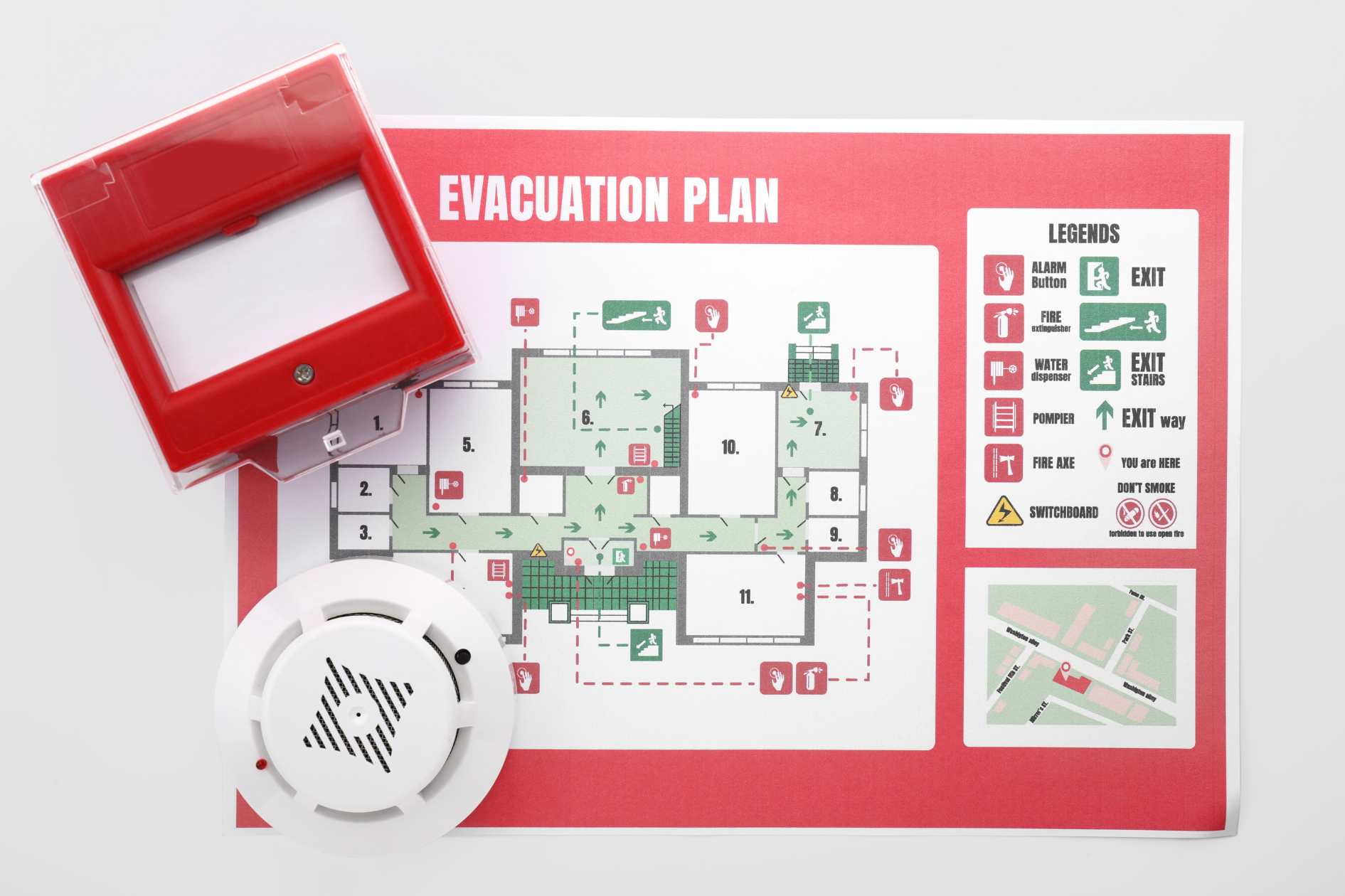The Ultimate Guide to Being a Good Manager: 11 Must-Have Qualities
If you ask us what makes a good manager, below is our answer!
Did you know that when most people leave their jobs, they’re not walking away from the position but from their manager?
According to the State of the American Manager survey by Gallup, one in two employees has quit their job at some point in their career to avoid their manager.
Behind every frustrated employee is often a manager who lacks human emotion. In a world dominated by digital interactions and bottom lines, the essence of true leadership can sometimes get lost. What is it that stands between a good manager and a great one?
Dive in with me as we explore the 11 heart-centered qualities and skills of a manager who doesn’t just lead but inspires.
Buy – Personal Power Series Course
Communication Skills
In any work environment, clarity is paramount. A good manager doesn’t just relay information but ensures it’s understood. Effective communication goes beyond spoken or written words—it’s about listening actively, asking the right questions, and ensuring that feedback loops are in place.
It’s the bridge that fills the gap between a manager’s vision and the team’s execution. By mastering this, managers can foster an environment where ideas are freely exchanged and misunderstandings are minimized.
Example: Think of a captain steering her ship through stormy seas. She can’t merely shout, “Turn left!” without context. Instead, she would say, “Steer 15 degrees towards the port to avoid that oncoming wave!” Similarly, a great manager doesn’t just say, “Improve this report.” They provide clear pointers on what and how to improve.
Enroll – Communication Skills For Managers
Empathy
Empathy allows a manager to step into the shoes of their team members to understand their perspectives, challenges, and motivations. This quality is not just about being compassionate during personal crises but extends to acknowledging work pressures, understanding diverse viewpoints, and valuing individual aspirations.
An empathetic manager builds a culture where employees feel genuinely cared for and, in turn, become deeply committed to their roles.
Example: When Sarah, a team member, had to take sudden leave due to a family emergency, her manager not only gave her the time off but also checked in on her. Her manager ensured she had the resources and support she needed during a tough time.
Buy – Building And Expressing Empathy (Course)
Decisiveness
In the dynamic world of business, indecision can be costly. At the same time, it’s essential to gather data and insights. And a great manager knows when to take the plunge.
Being decisive is not about having all the answers but having the confidence to make a call based on the best available information. It’s about taking responsibility for decisions, whether they lead to successes or lessons.
Example: During a product launch crisis, James, a seasoned manager, was faced with a critical software bug. Instead of panicking, he quickly assembled his team, assessed the situation, and delayed the launch by 48 hours to ensure a seamless user experience.
Enroll – Product Lifecycle (Course)
Visionary Thinking
Managers who think beyond immediate challenges or quarterly targets set the stage for long-term success. They are forward-thinkers, always tuned into industry trends, shifts in consumer behavior, and emerging technologies. This quality enables them to align their team’s efforts with the company’s future goals, ensuring sustained growth and relevance in the marketplace.
Example: Clara, a manager at a tech startup, recognized early on the potential of AI in their sector. Instead of sticking to the existing product line, she steered her team towards integrating AI functionalities, setting them ahead of competitors.
Buy – Business Strategy Design And Implementation Methodology (8hr Course)
Adaptability
Change is the only constant. The best managers are those who don’t just weather the storms of change but learn to dance in the rain. Whether it’s adapting to new technologies, navigating a market shift, or adjusting to team dynamics, a flexible approach ensures that managers can pivot strategies effectively while keeping their teams motivated and resilient.
Example: When the pandemic hit, Mike, a regional manager, swiftly transitioned his entire team to remote work. He organized online training sessions, ensuring the team had the tools and skills to work efficiently from home.
Buy – Change Management (Course)
Problem-Solving Abilities
Challenges are part and parcel of any job. A manager’s true worth shines when faced with problems. Instead of resorting to panic or blame, they approach issues analytically, breaking them down and finding practical solutions. This quality helps overcome immediate challenges and sets the tone for a solution-oriented team culture.
Example: When a client was unhappy with a delivered project, Nina, an account manager, arranged a meeting to understand their concerns. She then crafted a detailed action plan, addressing every issue, turning a dissatisfied client into a loyal one.
Enroll – Management Essentials (Course)
Integrity
Integrity goes beyond honesty. It’s about being consistent in actions, values, methods, and principles. Managers with high integrity lead by example. They ensure transparency in their dealings, take responsibility for their actions, and uphold the organization’s values. Such managers earn the unwavering trust and respect of their teams, laying a foundation for an ethically driven work environment.
Example: When there was a budgeting error that could have gone unnoticed, Raj, a finance manager, brought it to the attention of higher-ups, even though it meant facing scrutiny. His honesty was appreciated, and protocols were set to prevent future mistakes.
Buy – Life Coaching Course
Delegation Skills
Effective delegation is a blend of trust and understanding. Managers need to recognize the strengths and weaknesses of their team members, entrusting them with tasks that play to their strengths. It not only ensures efficiency but also helps in building confidence and fostering professional growth within the team.
Example: In a marketing campaign, Lisa, the team manager, handed the design work to Jake, known for his creative flair, and the data analysis to Amy, who had a knack for numbers. It played to their strengths, ensuring optimum results.
Buy – Recognizing Employees- Training Online Courses Management
Motivational Skills
While tangible rewards like bonuses and promotions are motivators, a manager’s role in motivation often runs deeper. Recognizing efforts, providing growth opportunities, setting clear and achievable goals, and creating an environment where employees feel valued—all contribute to a motivated and engaged team.
Example: Sam, a team lead, noticed a dip in morale after a project setback. He arranged a team-building day, infused a sense of camaraderie, and refocused everyone on the larger mission, rekindling their passion and drive.
Buy – Warrior Mindset Video Upgrade (Course)
Conflict Resolution
Disagreements and conflicts are inevitable in any group setting. However, how they’re handled can make or break team cohesion. Managers equipped with conflict resolution skills ensure that differences are addressed constructively, focusing on solutions rather than blame. They cultivate an environment where diverse opinions are valued, and conflicts become growth opportunities.
Example: Two team members were at odds over a project approach. Maria, their manager, facilitated a constructive discussion, helping them find common ground and combining their ideas for a more robust solution.
Buy – Conflict Resolution Course
Continuous Learning
The most effective managers are those who recognize that learning is a never-ending journey. Whether it’s acquiring new technical skills, understanding industry trends, or mastering soft skills, a commitment to continuous learning ensures they remain effective and relevant, inspiring their teams to do the same.
Example: Antonio, a seasoned manager, took online courses in emerging tech trends, ensuring he could guide his team in integrating these trends into their projects.
Explore – Online Management/Leadership Training Courses
How Can Coggno Manager Training Benefit You?
Coggno is a trusted online store for enterprise training. Here’s how it helps managers grow:
- Diverse Courses: An expansive selection ensures you find the right fit.
- User Reviews: Trust genuine recommendations from peers to pick quality courses.
- Leadership Training: Identify and sharpen your leadership style.
- Effective Communication: Various courses help you connect better with your team.
- Customized Learning: Handpick courses that address your unique needs.
- Updated Content: Stay relevant with courses that are continually updated.
- Global Insights: Access training from experts worldwide.
- Flexible Scheduling: Fit courses around your busy routine.
- Affordable Options: Quality training that won’t stretch your budget.
- Feedback Opportunity: Shape the training ecosystem with your reviews.
- Networking: Engage with a community of peers and mentors.
With Coggno, you have a tailored and efficient platform to enhance your managerial skills. Whether you’re new to management or an experienced leader, Coggno has what you need.
Buy – Leadership Essentials | Training Courses

Parting Thoughts
Being a manager is not just about overseeing a team; it’s about guiding, nurturing, and driving that team toward success. It’s a balance of soft skills, like empathy and motivation, with hard skills, such as problem-solving and critical thinking.
The great managers, the ones we remember and cherish, are those who infuse their work with all these qualities. They create an environment where every team member feels valued, empowered, and part of a larger mission.
So, the next time you find yourself in a leadership role, channel these 11 qualities. Not only will your team thank you for it, but your results will speak volumes.
Frequently Bought Courses








